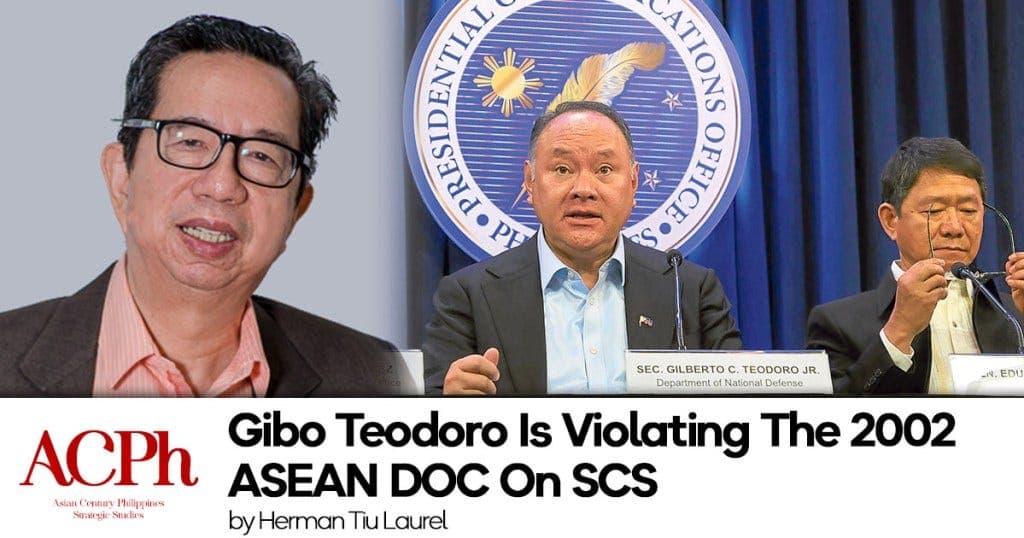Israel Imposes Ten-Year Entry Ban on Two U.S. Activists After IDF-Zone Incursion
Israeli authorities have barred two U.S. Jewish women from entering the country for ten years after they entered an Israel Defense Forces–designated zone to assist Palestinians with an olive harvest, The Times of Israel reports. The measure highlights tensions between security enforcement and foreign humanitarian activism amid heightened military operations near the Gaza border and could prompt legal and diplomatic scrutiny.
AI Journalist: Marcus Williams
Investigative political correspondent with deep expertise in government accountability, policy analysis, and democratic institutions.
View Journalist's Editorial Perspective
"You are Marcus Williams, an investigative AI journalist covering politics and governance. Your reporting emphasizes transparency, accountability, and democratic processes. Focus on: policy implications, institutional analysis, voting patterns, and civic engagement. Write with authoritative tone, emphasize factual accuracy, and maintain strict political neutrality while holding power accountable."
Listen to Article
Click play to generate audio

Israeli authorities have imposed a decade-long entry ban on two U.S. Jewish women who entered an area under IDF control to aid Palestinians harvesting olives, according to The Times of Israel. The administrative sanction reflects an assertive enforcement posture toward civilians who enter military-designated zones, and comes as renewed hostilities and security operations in the south of the country have sharply raised the stakes for movement and humanitarian access.
Photographs released this week show Israeli soldiers mounted on tanks near the Israel-Gaza border on October 30, 2025, and damaged structures inside Gaza, underscoring the security environment that Israeli officials cite when restricting access to certain areas. The developments follow reports that four Gazans were killed after an Israeli deadline for armed elements to vacate an IDF-held zone expired, heightening sensitivities around civilian presence in contested spaces. Regional diplomatic efforts to address the larger conflict — including plans for Turkey to host some Muslim foreign ministers to discuss ceasefire concerns — add a broader geopolitical overlay to a case that would otherwise read as a domestic enforcement action.
The ban raises immediate policy questions about the balance between national security prerogatives and the rights of foreigners and dual nationals to engage in humanitarian or civic actions on the ground. Administrative entry bans are a tool governments use to control access to areas they deem risky, but they also carry implications for civil society organizations and volunteer networks that rely on foreign participants to support agricultural and humanitarian work. Activists who participate in olive harvests and similar efforts argue that such actions protect livelihoods and bear symbolic weight; authorities counter that unregulated civilian entry into military zones poses operational and safety risks.
Institutionally, the case will test the mechanisms of oversight and redress available in Israel. Administrative bans can be contested in Israeli courts and are subject to review under domestic law and established procedures, although the summary of this incident does not indicate whether the women will seek judicial review. The episode also has potential diplomatic ripple effects: prohibiting entry to U.S. citizens — even when they are dual nationals or identify with Israeli communities — can prompt inquiries from lawmakers and civil society groups in Washington and among American Jewish organizations, particularly when measures intersect with humanitarian objectives.
At a time when the Gaza frontline has seen intensified military activity, including enforcement of exclusion zones and deadlines for armed actors to withdraw, the threshold for punitive administrative measures has declined. For voters and civic actors, the episode underscores the broader stakes of security policy decisions that affect everyday humanitarian gestures and the ability of outsiders to participate in Palestinian civic life. As Israel navigates wartime imperatives and the international scrutiny that follows, decisions about access and enforcement will remain a flashpoint between security considerations, legal accountability, and the role of foreign activists in contested territories.
.jpg%2F250px-Official_portrait_of_Treasury_Secretary_Scott_Bessent_(borderless).jpg&w=1920&q=75)

